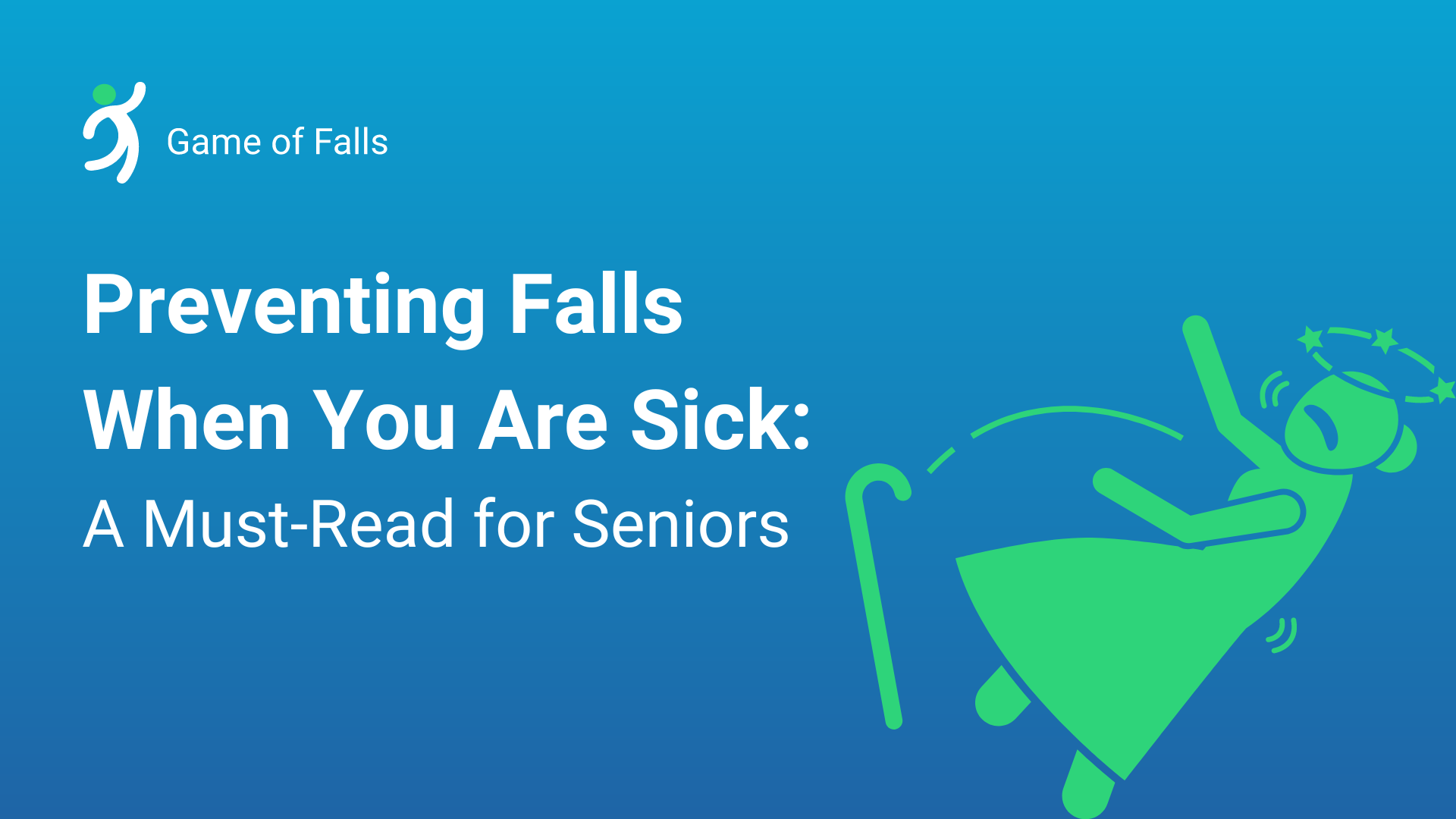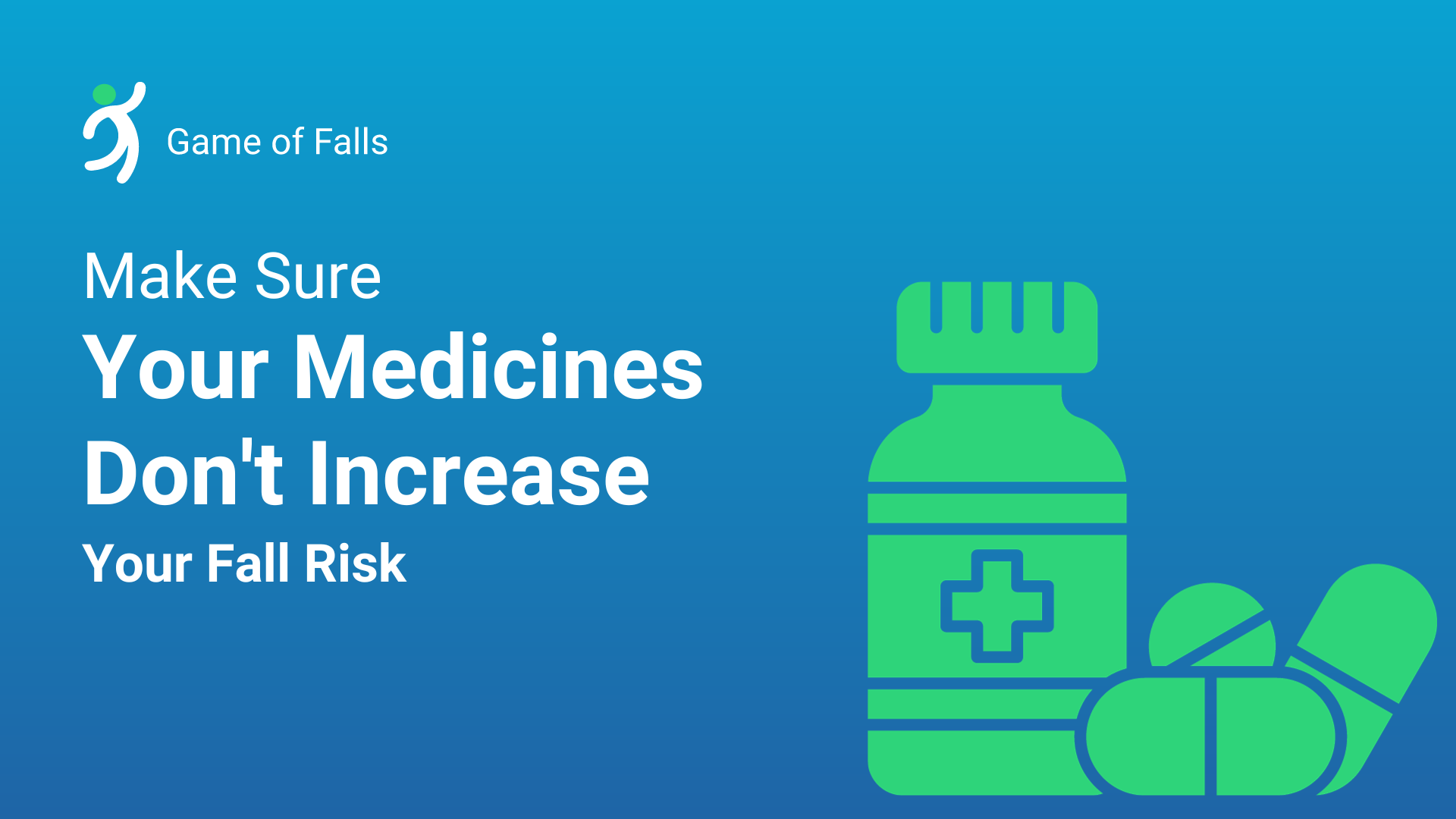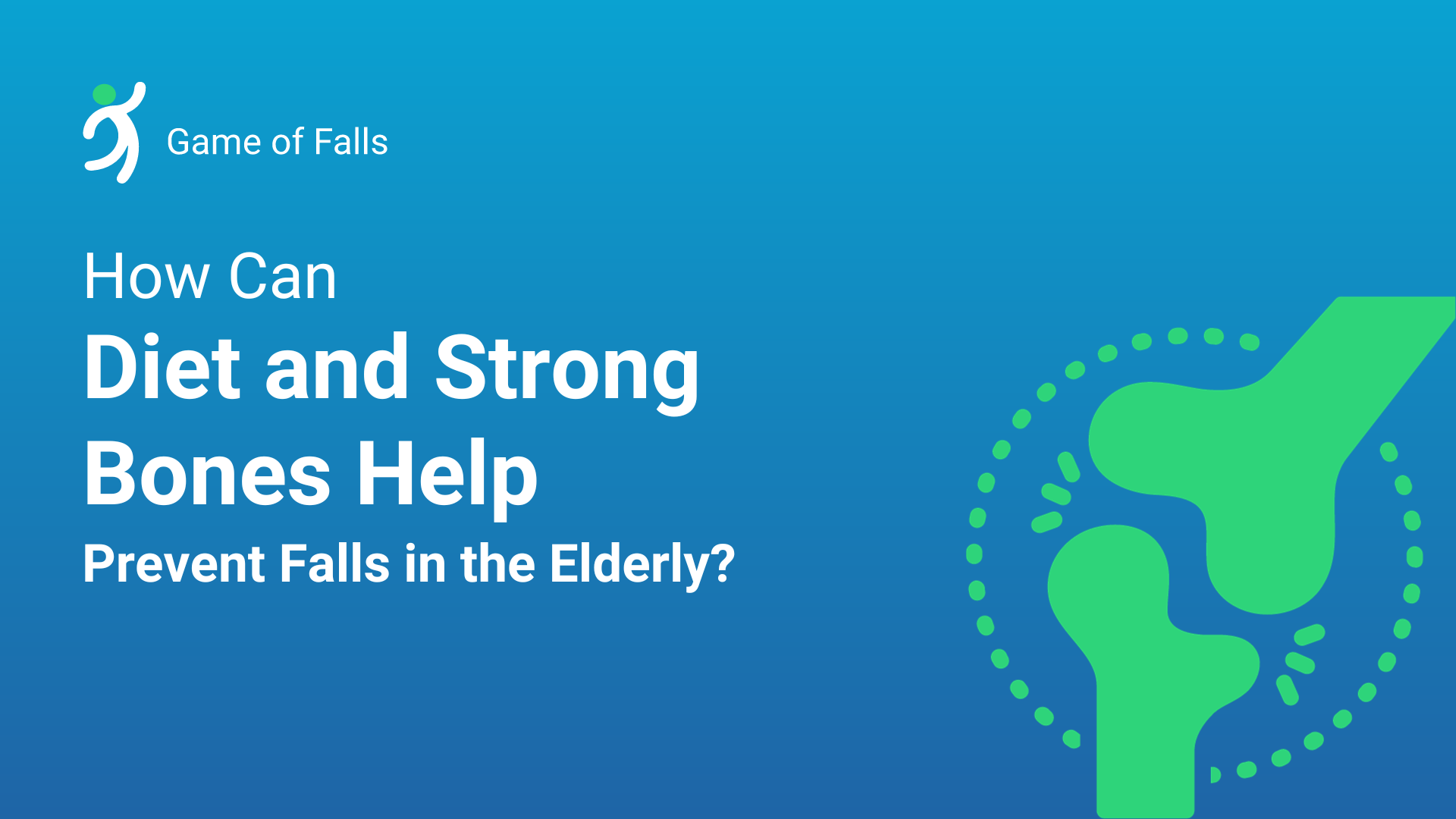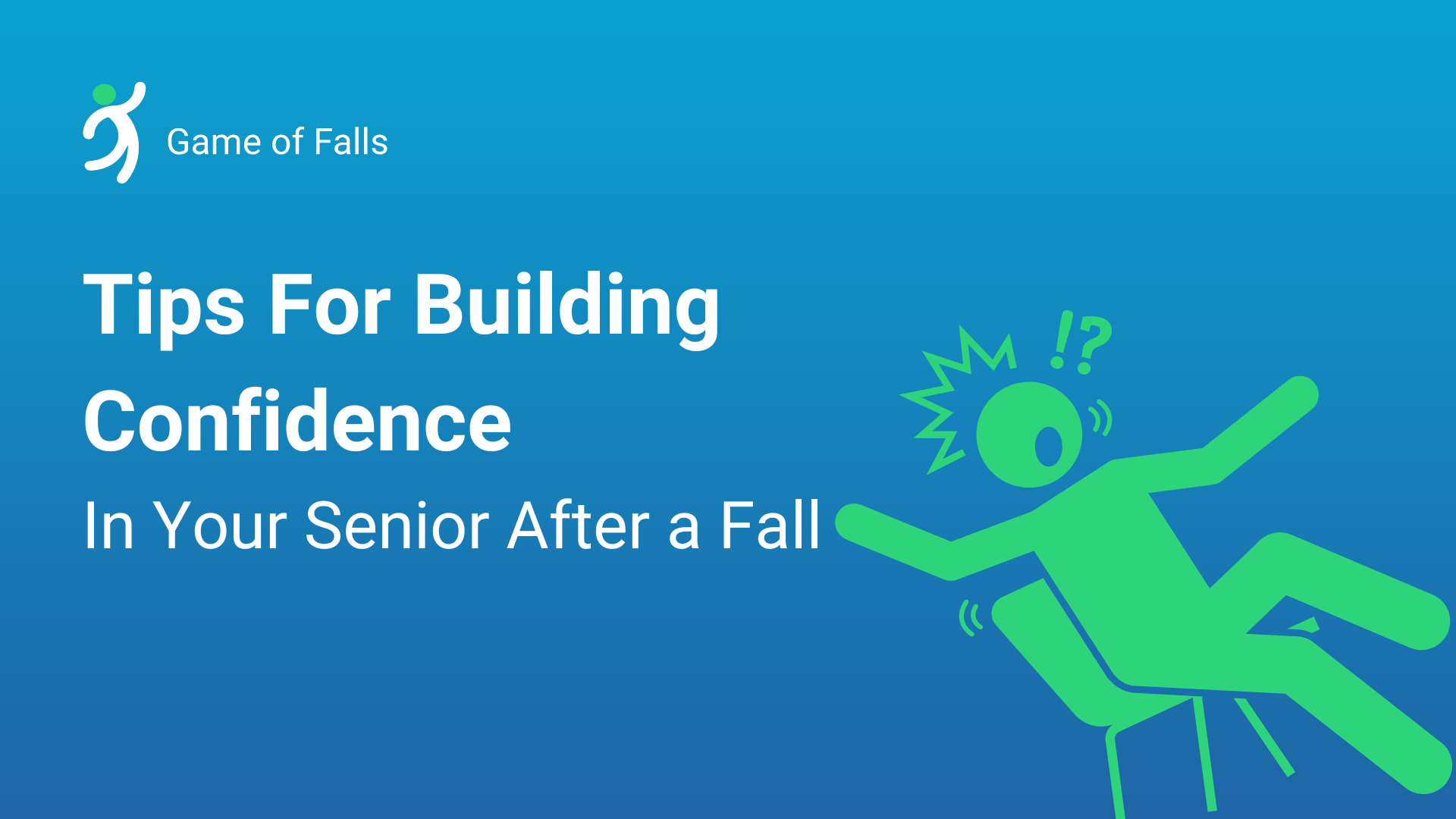
Confidence is a crucial ingredient in living a fulfilling and independent life, especially for seniors. So, what happens when an event like a fall shakes the very foundation of a person’s confidence, particularly in the elderly?
After a fall, it’s natural for seniors to feel vulnerable and apprehensive about engaging in their everyday activities. Fear can significantly impact their quality of life and lead to a debilitating cycle of reduced activity and increased fall risk. However, there are actionable steps that can be taken to rebuild confidence and support your loved one on the road to recovery. Here are a few tips for fall prevention in the elderly you can follow!
Falls and the Psychological Aftermath
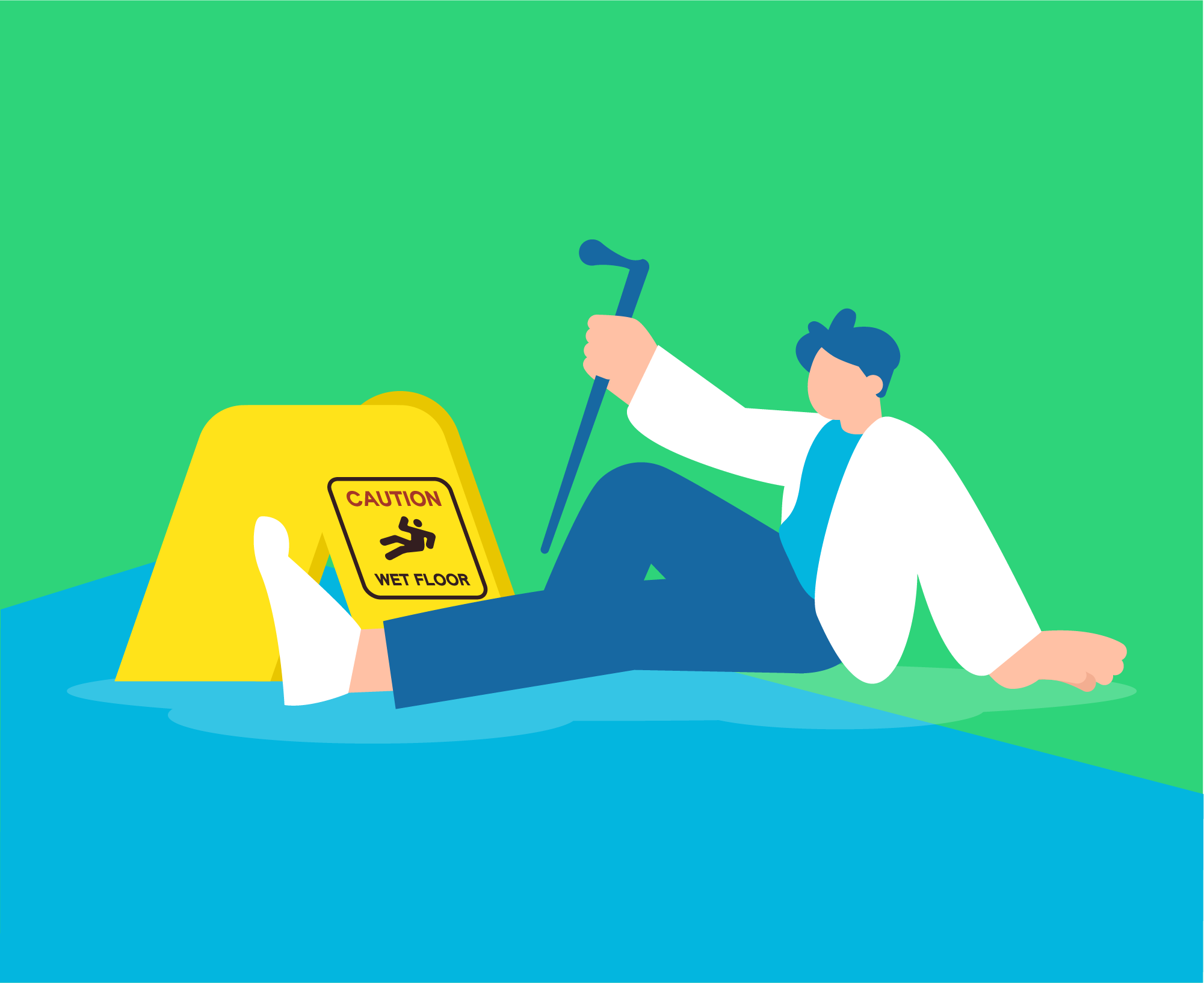
How do you build confidence in the elderly after a fall? It’s well-documented that falls have a profound physical impact on seniors, but the psychological effects of falling are often overlooked. A fall might be seen as a sign of vulnerability, a loss of control, or the beginning of dependence, sparking profound anxiety and even depression. The emotional toll can compound the physical injuries, leading to a cycle of fear that prevents seniors from engaging in activities that could reclaim their strength and stability.
Opening the Lines of Communication
The elderly may constantly be worrying, “How do I regain my confidence after falling?”. So, it’s crucial to open the lines of communication. Talking honestly and openly about the fear of falling is essential. It’s about understanding and acknowledging the concerns and challenges that the senior is facing. Only with mutual understanding can appropriate measures be taken to reduce the fear and help seniors feel secure again.
To build back confidence, it’s essential to create an environment where fears can be acknowledged and discussed. This is not just about finding practical solutions but also validating emotions and ensuring that a senior feels heard. Talking about a fall shouldn’t be taboo; on the contrary, it should be an opportunity to address concerns and outline a path forward.
Consult a Physician
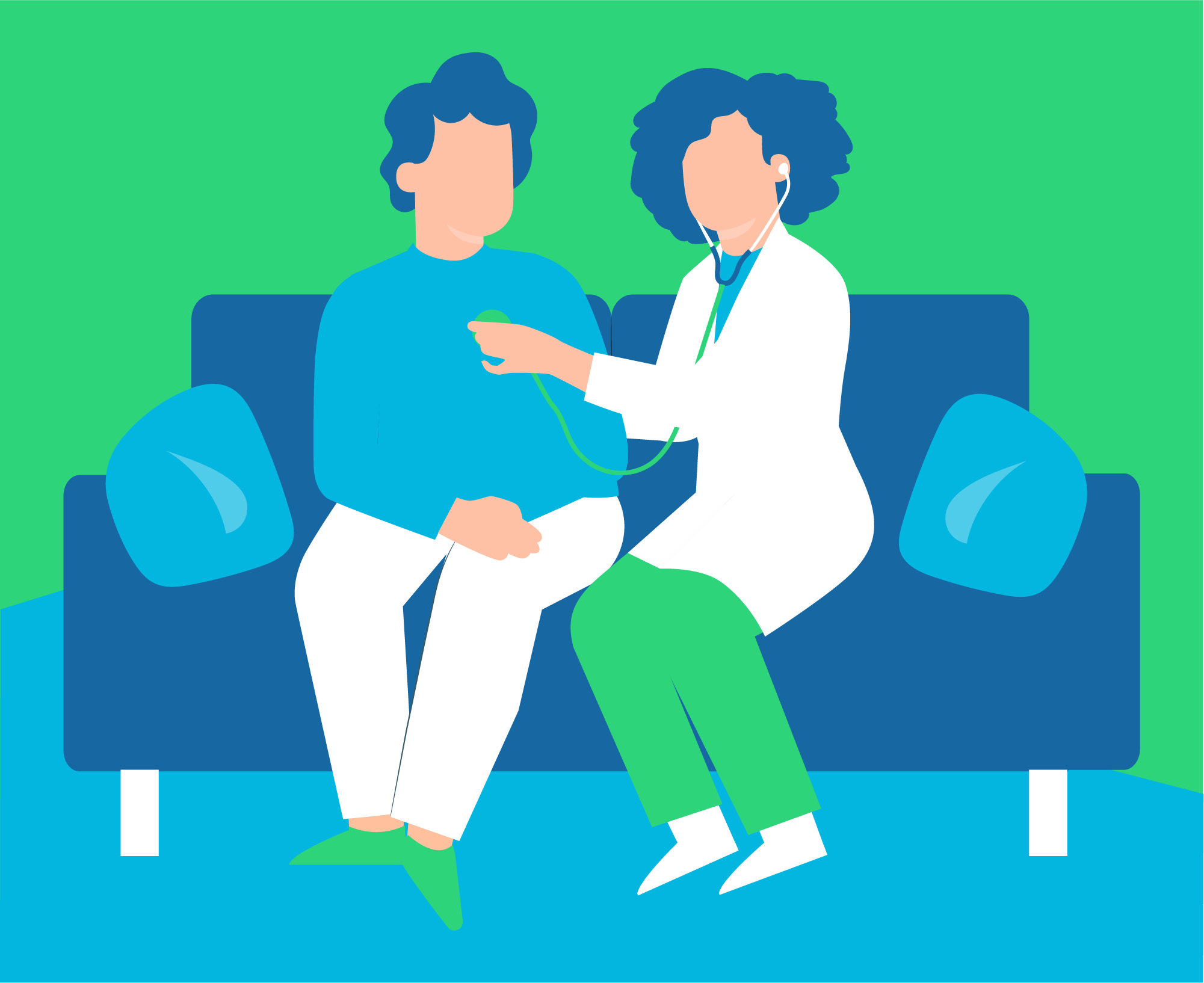
You may wonder, “How long does it take for an elderly person to recover from a fall?” The first step is consultation with a doctor. It is crucial to have a thorough discussion with the senior’s healthcare provider. They are best positioned to understand the specifics of the fall and to recommend suitable therapies or techniques to regain strength and mobility
Setting Small, Achievable Goals
Goals act as milestones on the road to recovery. By setting small, realistic targets, seniors can witness their own progress, which in itself is a powerful confidence booster. So if you’re wondering, “How do I stop being scared of falling?” Remember, whether it’s walking around the garden or maneuvering downstairs with a handrail, each small victory can pave the way for bigger challenges.
Invest in Safety
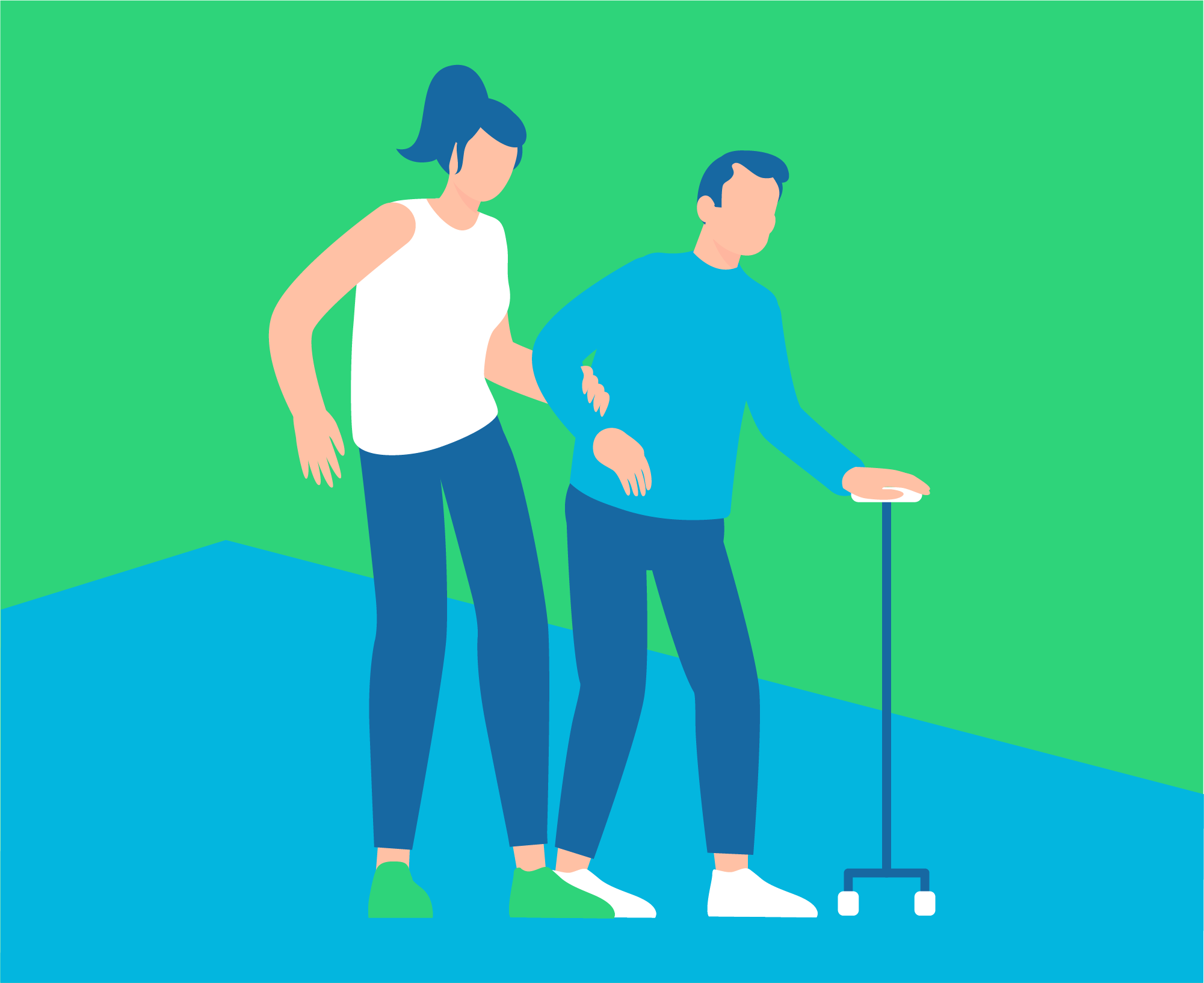
One of the sure-shot tips in the guide for helping seniors regain confidence post-fall involves investing in safety measures. Reliable support systems, such as emergency medical alert systems, provide immediate assistance when needed. Knowing that help is just a button press away can significantly boost a senior’s confidence and encourage them to move more freely, knowing that there’s a safety net in place.
Realistic Timetables for Recovery
Patience is critical when building confidence in senior citizens, as recovery and regaining confidence takes time. It’s pivotal to set time-bound goals that are attainable and to adjust these as necessary. Choose familiar environments and ensure the path to recovery is as safe as possible to minimize the risks of another fall.
Encourage Regular Exercise
Encouraging regular exercise can have a profound impact on how to build confidence in seniors after a fall. Participation in exercise classes geared towards seniors can help rebuild physical strength and mobility, which in turn, supports the restoration of their confidence. This could include gentle activities like walking, swimming, or specially designed fitness classes that focus on building balance and stability in a safe environment.
Offering Security Through Assistive Devices
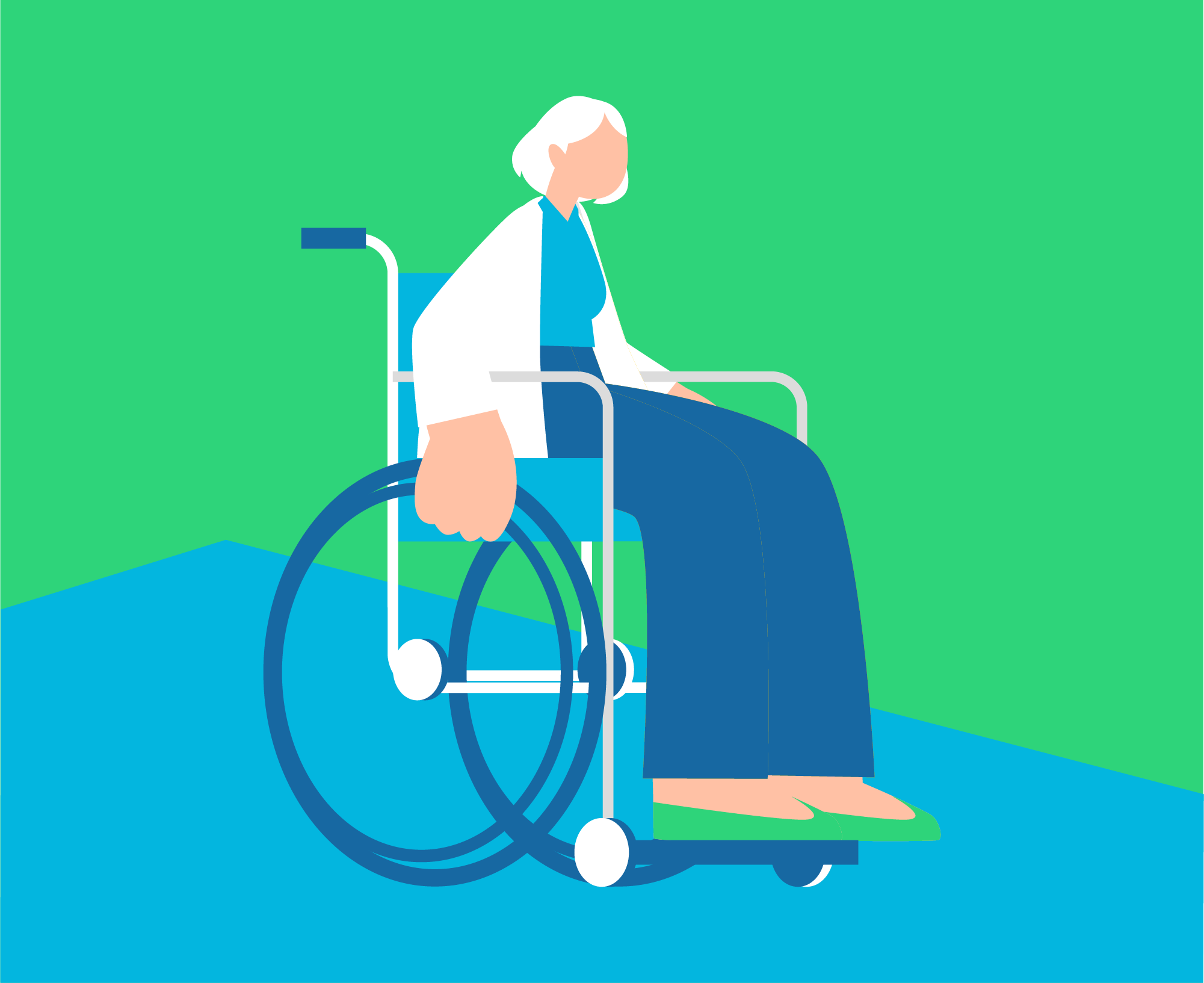
Assistive devices, including bed step stools and tub grips, are other ways to support your senior after a fall. They can help significantly in overcoming fears and regaining independence. By offering physical support, these tools can go a long way to reduce the anxiety associated with movement and daily activities which can help with building confidence after a fall. For instance, tall grab bars cater to seniors who may find standard grips uncomfortable, while LED motion-sensor lights eliminate the hazard of moving in the dark, providing a safe and secure environment.
To expand on these tips for fall prevention in the elderly, here are a few additional strategies:
Personalized Support Plan: Work with the seniors to develop a tailored plan that addresses their fears and needs. This is one of the good strategies for building confidence in the elderly after a fall as it involves rearranging the home to reduce fall hazards or incorporating assistive devices to aid mobility.
Emotional Support: Offer emotional support through companionship and encouragement. Reminding seniors of their past abilities and progress can foster a positive outlook.
Education: Educate seniors about fall prevention strategies and the importance of maintaining an active lifestyle to prevent future incidents.
Medication Review: The seniors should have their medications reviewed as some can affect balance or clarity of thought, thus increasing the risk of falls.
Evaluation and Celebrating Success
Regular assessments can help seniors and their support network to track progress. This is not only beneficial for adjusting the recovery plan as needed but also serves as an opportunity to celebrate the progress, no matter how small. Acknowledgment and positive reinforcement will further strengthen a senior’s confidence.
The Role of Caregivers

As a caregiver, your role is multifaceted. You are there to listen, to plan, to support with tools and advice, and to cheer on every effort. A caregiver’s support can mean the world to a senior struggling with confidence after a fall. Often, knowing that someone believes in them can make all the difference in embarking on the journey to recovery.
By combining practical support with emotional care, seniors can regain their sense of autonomy and confidence, ultimately leading to a better quality of life and reduced risk of falls. Stay with us as we delve deeper into each of these tips for fall prevention in the elderly, helping you support the senior in your life in regaining their confidence and taking back control after a fall.
Building confidence after a fall is a carefully balanced mix of understanding, support, and practical aids. It is about helping seniors feel secure while gently pushing the boundaries of their comfort zones. By being sensitive to their fears and proactive in their recovery, caregivers can help seniors regain their footing in both a metaphorical and literal sense, leading to a life that’s active, independent, and filled with possibility once again.
As flu season turns up the dial, one question often comes to mind: Why does the flu hit older adults so hard? It’s a perfect storm where senior flu prevention becomes key since their natural aging nudges immune systems into a less active state, amplifying the impact of flu symptoms. For caregivers, ensuring flu season […]
Have you considered that growing older might mean getting better, so long as you nurture the one body you’ve been given? Staying active is a dynamic part of aging, and a key aspect of that is utilizing preventive health screenings to catch problems early. The good news is that Medicare and most health plans cover […]
Did you know that the medicines meant to ensure your health could also increase your chances of a fall? It’s a startling thought, but true for many older adults. As we age, we often become, rather ironically, a walking pharmacy. With every pill we swallow to keep our health conditions in check, there lies an […]
The adage ‘You are what you eat’ holds even more significance as we age. Age related bone loss is a continuous process and can result in osteoporosis. Around 10 million individuals over the age of 50 in the US are living with osteoporosis, and an additional 34 million are at risk of developing the disease. […]

